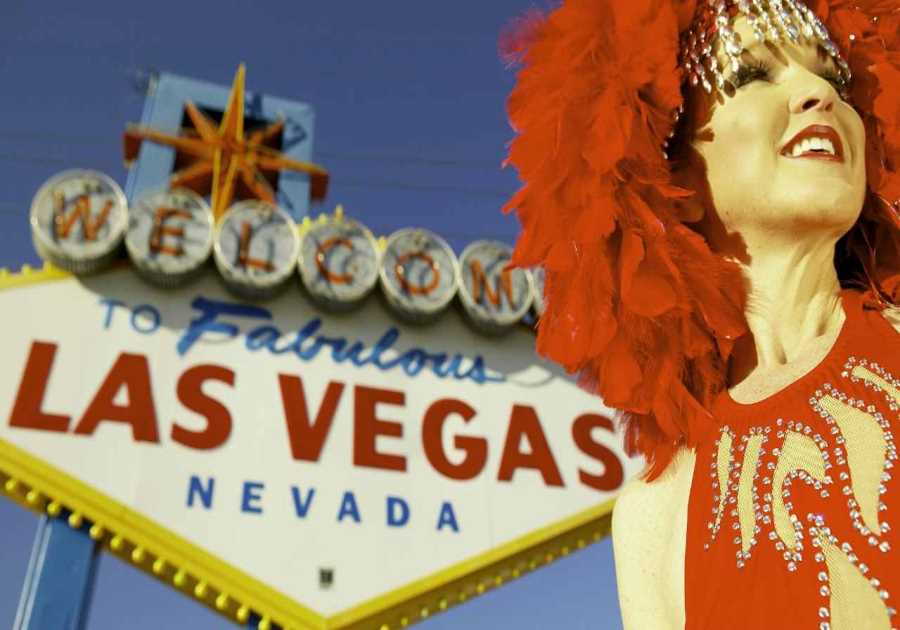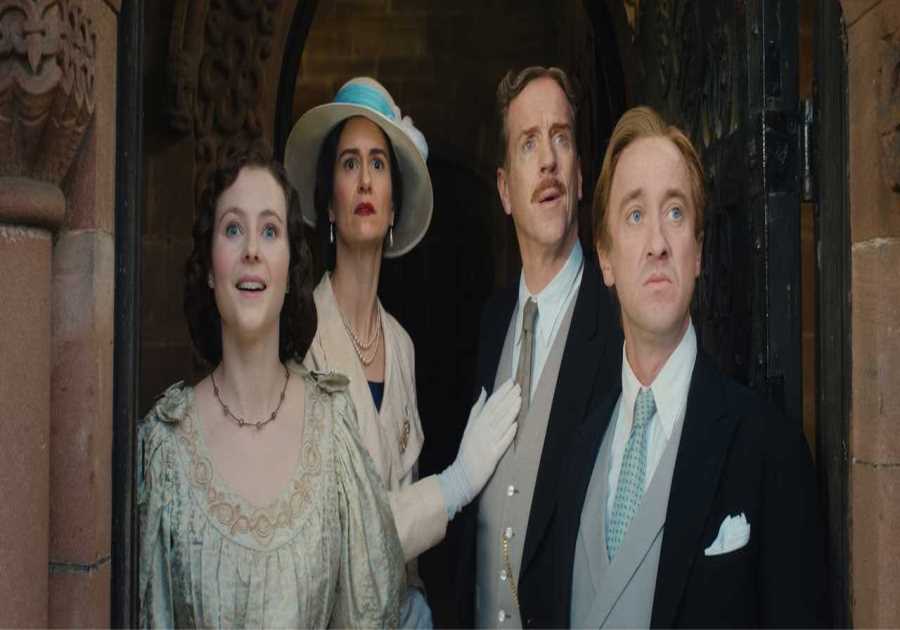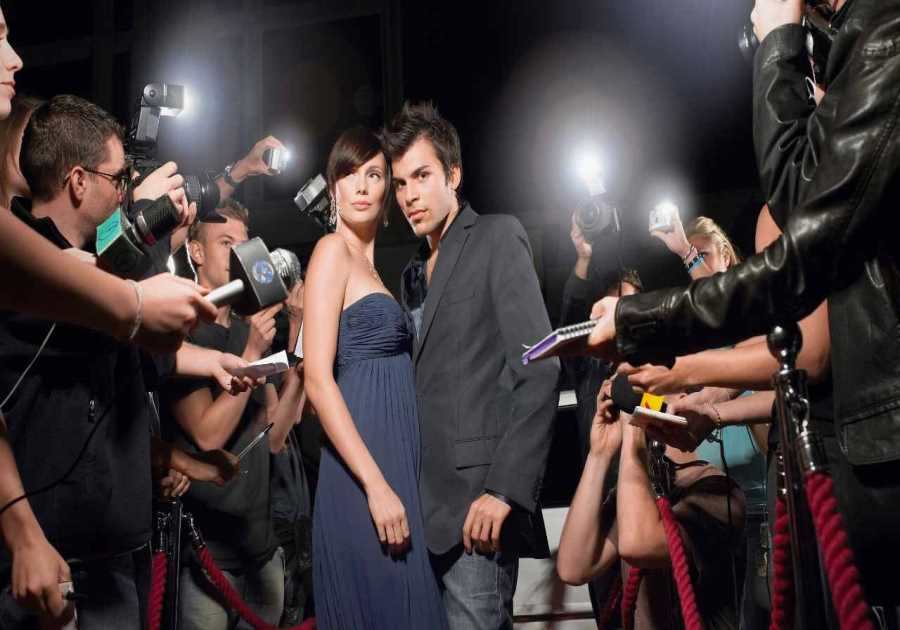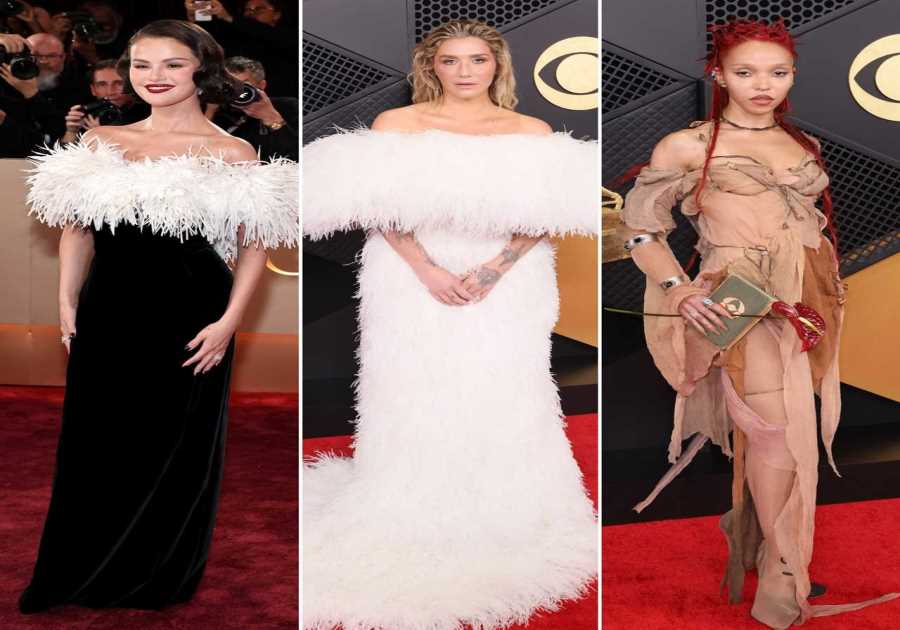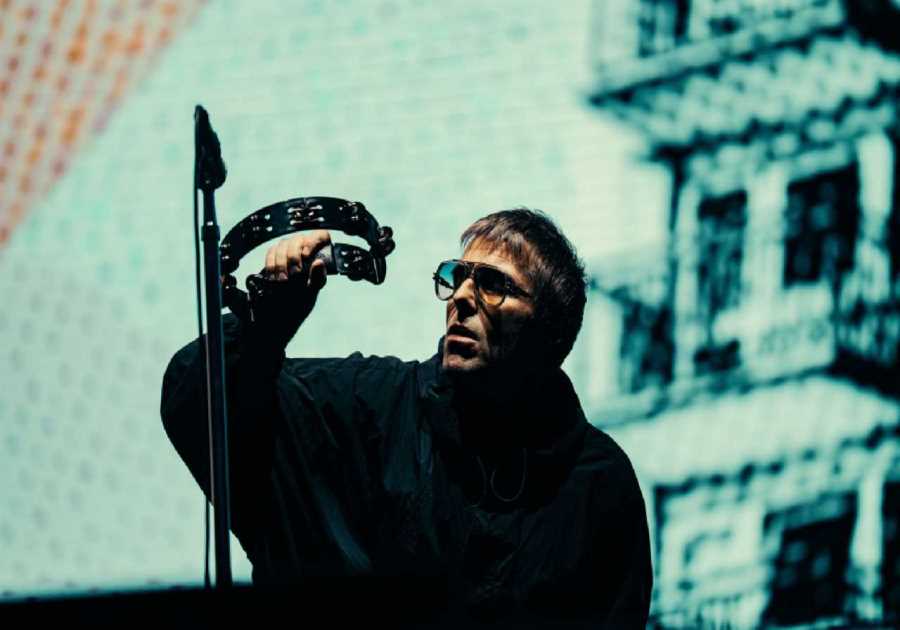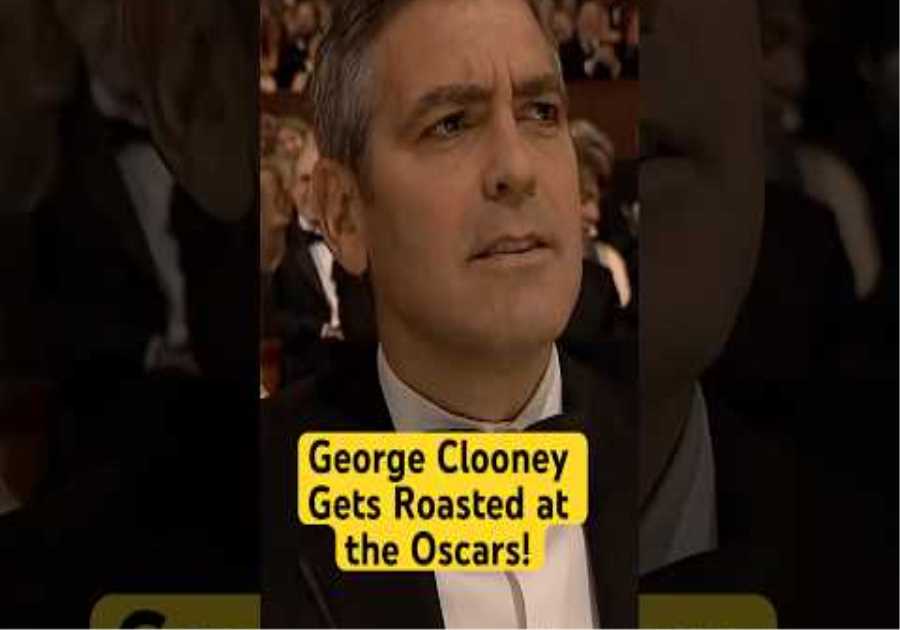Executive produced by Rafael Casal and Daveed Diggs, who also starred in the film in addition to writing and producing it, the half-hour Starz original dramedy Blindspotting follows Ashley (Jasmine Cephas Jones) after Miles (Casal, who’s also the series showrunner), her partner of 12 years and father of their son, is arrested and sent to prison. Finding herself in the less than ideal position of having to move in with Miles’ mother (Helen Hunt) and half-sister (Jaylen Barron), Ashley just wants to be left alone to raise her child how she sees fit, but that’s nearly impossible to do when everyone has their own opinion about how she’s doing that.
During a virtual junket for the poetic Oakland-set TV series, Collider got the opportunity to chat 1-on-1 with co-creator Casal about translating the artistry of Blindspotting for TV, shifting the focus of the story, why shorter form storytelling forces you to be more arrogant in your conventions, the responsibility in asking a crew of people to risk their lives to make a TV show during COVID, the importance of representing the Bay Area, and the possible long term plan for the series.
Collider: I love the artistry of this show. It’s not every day that we got a TV show spinoff for a movie, so whose idea was it to do the TV show and how did you decide when you actually had something that you thought would work for it?
RAFAEL CASAL: We really didn’t wanna do a TV show. Lionsgate, who distributed the film, was really in love with this idea that Blindspotting could be a longer story on episodic. Daveed [Diggs] and I really shrugged it off and didn’t wanna do that and were like, “It feels like we’re just milking the thing for more. Let’s not do it.” But they were like, “Please just come in and meet with our TV department and talk to us about it.” So, we came in and I remember we were driving there and were like, “Let’s just entertain this for a second in private. Is there any world that we would do a show?” We were like, “Yeah, if it was not about it. If it was about Jasmine [Cephas Jones] and the Ashley character, and we could introduce all of these new characters, and there was a verse and dance, and they’d let us do all of that, sure, that’d be a dream. We’d totally make that show, but they’re never gonna let us make that show.” And then, they did. They were super into the idea. We were like, “We’ll write the pilot and make sure that it’s actually a good show.” They were excited about it. And then, by the time we got done with the pilot, we were so in love with all of the characters, we were like, “We have to find a way to make this show.” Starz was game, so we did it there.
Was there ever a moment where anyone tried to convince you to do continue the story of Collin and Miles, or were they always open to what you wanted to do?
CASAL: I think the most we ever get reminded of the fact that we turned it away from Collin and Miles, as the central characters, is really in the interviews. In terms of the studio, we had so much time to present this world and outline it. A lot of journalists have come to this from having seen the movie, which is amazing and we’re forever grateful for the fairly positive reception to the movie because people were pretty into it, but we’re also reminded that it was a niche indie. It wasn’t some massive success that played in theaters for a year. There’s a relatively small group of people that have seen the movie, and a ton more people are going to see the show. We didn’t feel like we had to answer a bunch of questions from the movie, in order to make the show good. We just had to rely on the charisma of the characters that we were already writing and hopefully our ability to write new characters that embodied a lot of the same things. I would argue that Collin is on the show as Ashley and Miles is on the show as Trish, and Miles plays a different capacity in this story. It’s really exciting to see the world from Ashley’s perspective and see who’s her confidant and her rival. It’s very different than with the film.
One of the great things about the movie is that it switches between authenticity and surrealism, and you pull that off with the show, but what was it like to find a similar level of that kind of vibe switching on an episodic basis? Did it always feel organic? Were there times where you thought something wasn’t working and that you were trying to force it?
CASAL: Yes. Also, you’re forced in shorter form to just be a little more arrogant in your conventions. You have to just be really confident about it, or it’s not gonna work. You have to be like, “This is gonna turn into a dance piece.” I would imagine for a gymnast, or people who jump over cars on a motorcycle, you have to commit to the fact that you’re gonna try to land it. If you get up there and you’re like, “I hope this works,” you’re probably gonna land on your head. For us, we had to embrace the fact that this show has dance numbers and has verse addressed to camera. But that’s what television is. I think audiences don’t need a lot of convincing. There’s so much TV and there’s so many different kinds of TV, that we’re watching it ready for whatever. We just leaned into that. We’re not gonna spend the whole time trying to get you ready for Collin’s rap at a cop at the end. We’re just gonna start the show with her addressing camera and be like, “Look, this is what this is. Get on board or change the channel.” We really enjoyed watching Jasmine be the voice of that confidence.
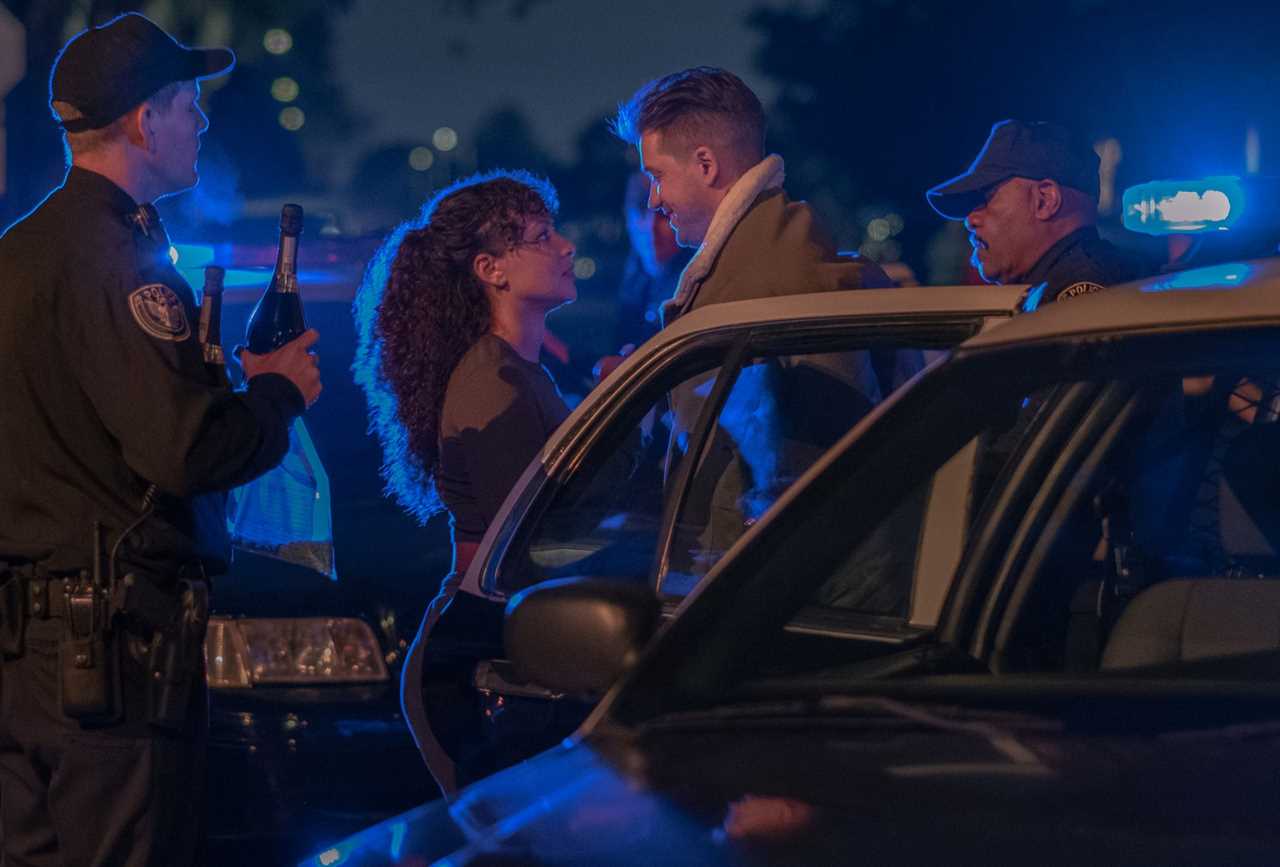
You decided to do this show, you figured out what story you wanted to tell, and then you ended up in a world with COVID, where no one knew what that would mean for production. What was it like to get this show done under such very different circumstances?
CASAL: It was insane. There was no one to help. It was like, “All right, you guys are gonna make a TV show for the first time. You’ve got nine weeks to get into production. Oh, by the way, there’s a global pandemic and no one’s ever done this before, and you’ve never done this before.” We had no roadmap. Luckily, everyone was suddenly thrust into this, this new way of trying to make television and tell stories. It cannot be overstated that we were asking a crew of people to legitimately risk their lives to make a TV show. That’s we carried with us, every day. The flipside of that is it was a time where a lot of people were out of work and we felt a fundamental obligation to do the show as soon as possible, so that we could get people back to work. Also, because there was no roadmap, we could reinvent the wheel a little bit with how our creative dynamics worked and how departments worked with each other. But it was wildly stressful and crazy, and I hope we never have to do it that way again. It just required so much trust, so in a lot of ways, we bonded with the crew in a way we may not have because we were all going through something new together. I think 20 years from now, I’ll look back and be like, “Oh, my God, I can’t believe we did that. That made me tough as nails for making TV. I don’t think anything can shake me now.”
I love your dedication to Oakland and the Bay Area in your storytelling. What is most important to you, when it comes to how you want to represent that on film?
CASAL: What’s really exciting about basing a show in an area that you grew up in, and the thing about the Bay that’s different from a lot of other major cities, is that we haven’t really had TV shows that take place there in abundance. We’ve had sitcoms that have referenced there, or their opening title sequences where there, but nobody’s out and about in the streets on the show. A lot of times, they don’t have the ability to bring in all of the music and the dance and the small references that only local people get. There’s a moment in Episode 6, where we play a commercial that’s for the Shane company, which maybe you’ve heard of regionally, but it was on the radio all the time in the Bay growing up. Only Bay people are gonna get that, but it’s in there and we played the whole commercial just for them. Those people are gonna go, “Damn, that’s amazing that that’s on TV.” That’s for 10 people, but we do shit like that in this show all the time. Ultimately, we’ve always wanted a show that felt like it saw us and saw our upbringing, so we just tried to do that as much as possible for people who grew up like us. We’ll do it for one section of the Bay, but then somebody else in the Bay is gonna see it and be like, “Nah, that’s not how I grew up,” so they’re gonna go need to make their own show. Hopefully, we can have what New York has one day, where there’s a ton of different ways in which people see a city and feel seen because of it.
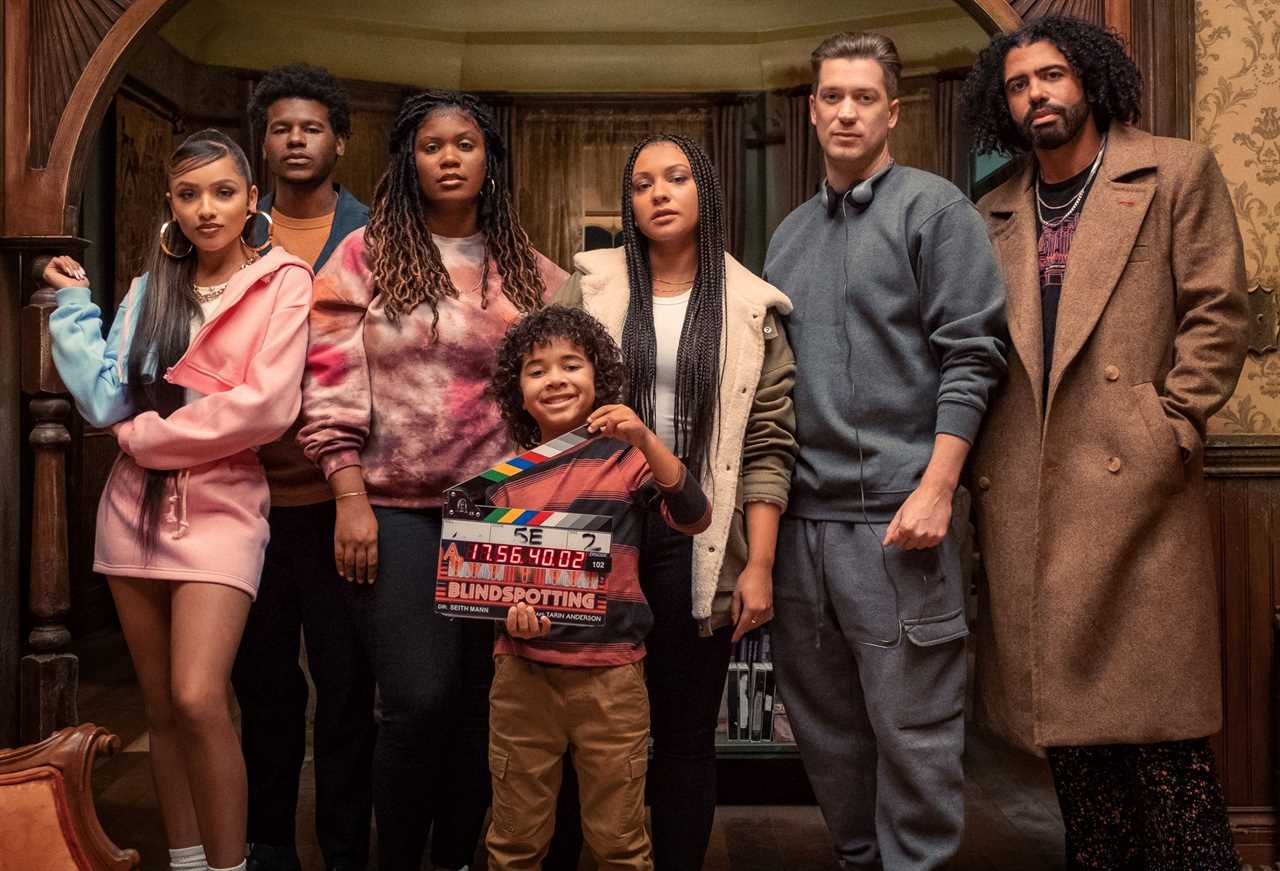
Everybody in your cast is so great and you have Helen Hunt in this show.
CASAL: It’s so crazy.
What’s it like to watch this cast and see what they’ve done, and see those relationship dynamics come together?
CASAL: They’re just all such great actors. It’s fun to watch really, really exceptional performances in conversation with each other. Watching Jasmine and Helen in a scene is so different than Jaylen [Barron] and Helen in a scene, which is a mother-daughter dynamic that I’ve never seen on television. I grew up around it, non-stop, but I’ve never seen that on TV. The Janelle and Earl dynamic is a dynamic that I’ve never really seen. The Earl and Ashley dynamic is a dynamic that I haven’t really seen. The interplay has been really fascinating with the idea of this group of people that are somewhat thrown together. The excitement for the show is, as it goes on, we add more people to that growing community. If we got more seasons, I think that’s what we would keep doing. There are still so many stories just in that neighborhood that we haven’t gotten to yet. We’re excited to start here. We started small with just a few characters, mostly because of COVID, and we’re slowly letting that grow and grow and grow.
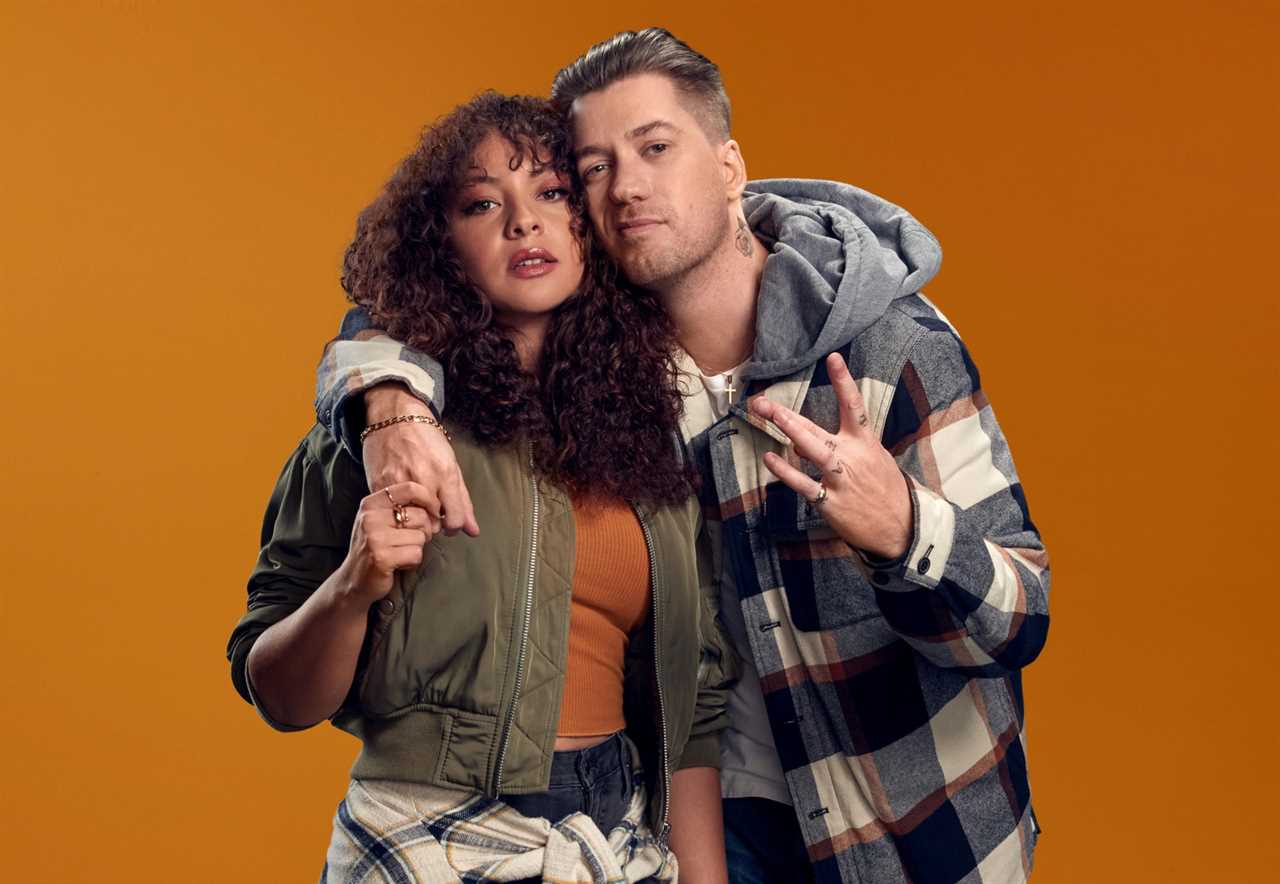
Is it fun for you to be the one looking over Ashley’s shoulder and giving your opinion, without actually physically being there?
CASAL: Yeah. Miles is Ashley’s life partner of 12 years. What I love about them is that they have a very different dynamic than I think everyone else thinks they have. You get a little bit of a sense that Ashley might’ve been rough around the edges and used to fight people a lot. You get how they ended up together. They have this dynamic of hot and cold. When one of them is hot, the other one’s cold, and when one of them is cold, the other one’s hot. The way that Miles shows up in this show is when Ashley needs him to. Behind glass, he is who he really is, is the father of their son, is someone who’s deeply in love with her, and he’s trying to navigate his side of this prison barrier. And then, when he appears in these other circumstances, he’s very much in service of her memory of him and what he might say to her, in a particular moment. That’s an interesting relationship that we have with our romantic partners – our anticipation of their judgment and our anticipation of their response to something that we’re doing before we even talk to them, and how that sometimes aligns and sometimes doesn’t, with the real person. We were really excited to explore that.
What is the long-term plan that you’re looking at with this? Are you thinking about next season, or are you thinking about multiple seasons?
CASAL: Jasmine is one of my best friends, so we’re always dreaming of what it could be, if we got the chance to do another season. I think Daveed and I are very much adopters of a BBC model for shows, where we’ll make a season and the end of Season 1 of Blindspotting could be the end of the show. It could be this four-hour story, the way that the movie was a 90-minute story. But also, it’s so ready to have more seasons. For us, it’s always a question of, are we really inspired to do more and is the audience excited and asking for it? I can both imagine a Season 2 super clearly in my head, and I also can’t fathom working on it right now.
Blindspotting airs on Sunday nights on Starz.
-----------------------
By: Christina Radish
Title: Blindspotting: Rafael Casal on Adapting the Film and Season 2
Sourced From: collider.com/blindspotting-rafael-casal-interview-season-2/
Published Date: Thu, 15 Jul 2021 15:00:00 GMT
Did you miss our previous article...
https://ballerawards.news/movies/robert-downey-jr-to-star-in-the-sympathizer-limited-series-on-hbo

